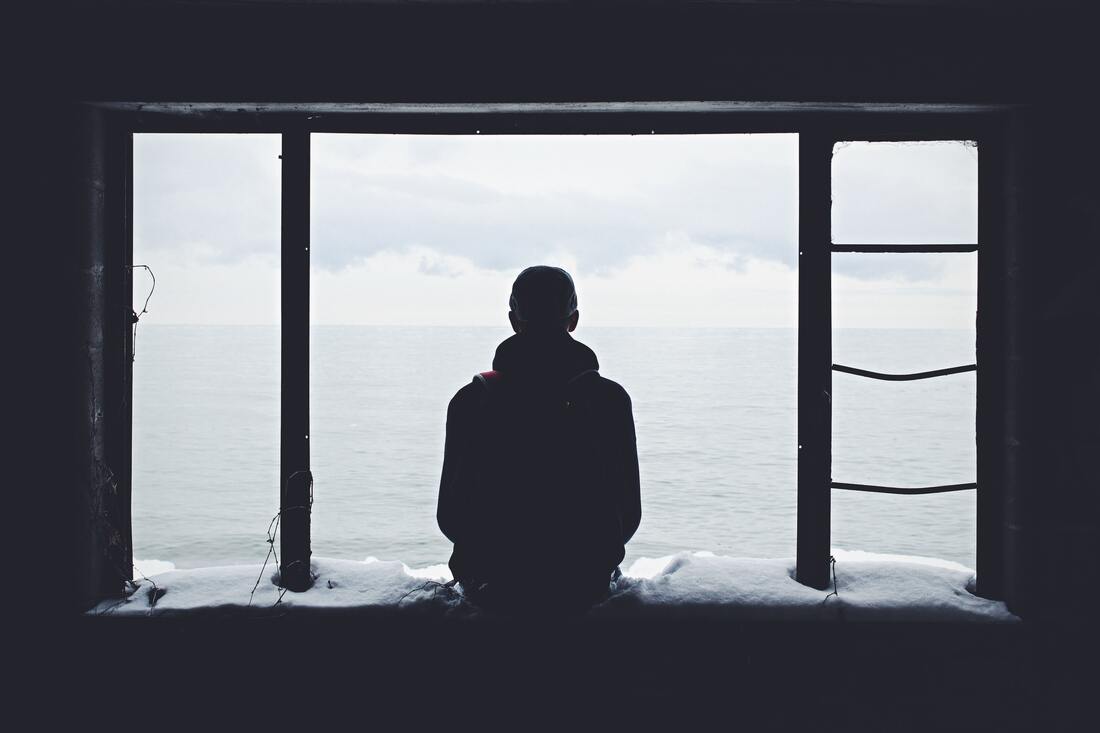|
By: Kristen Sohlman, MACP.RP The reality faced by many today is the difficult impacts that COVID-19 and social distancing, while necessary, have had on people coping with substance use and addictive disorders. For those in active substance use and addictive disorders, the impacts of COVID-19 and social distancing have been profound. Whenever there are difficult situations, disruptions to routine, and trauma, there is increased substance use and abuse, increased risk of overdose, increased rates of physical and mental health issues, and increased risk of suicide. Loss of Connection Isolation is a known risk factor for relapse. For those that are in active recovery from substance use and addictive disorders, interpersonal connection is an important part of maintaining sobriety. Being able to connect with others, to share personal experiences, to debrief, and to develop healthy coping strategies that replace unhealthy behaviours is essential. Social distancing makes these types of connections more challenging as interactions with supports, family, friends, and fellowship may be limited if one does not live with these people. So, for those coping with substance use and addictive disorders, they are being forced to find alternative healthy ways of coping while being under significant new stressors because of the pandemic. Increased Stress, Fewer Supports For those that are working from home or who have children in their care who are not currently in school, there can be increased stress. For some this is a healthy distraction, a chance to develop a connection with those that they live with, a chance to develop new healthy routines at home, keeping busy, and spending less time thinking about those things that are triggering. But for others, the increased and ongoing stress can trigger negative thoughts that influence the addiction. For some, having restaurants and bars closed can decrease risk, but not for others. Those who rely on AA/NA/CA/GA meetings for support may find such meetings being closed for weeks at a time due to social distancing. Lack of Access and Privacy Fellowship has been available online for years and has become increasingly more popular during this time. Counselling and therapy support is still available in modified formats as well, and instead of individual counselling, may include phone or online sessions. However, vulnerable individuals struggling with addictions issues often do not have access to the technology and privacy needed to participate fully in these sessions and are therefore left out in the cold with limited support. The Risk of Withdrawal Those that are currently dependent upon substances are put further at risk if they engage in social distancing that prevents them from accessing their substance, as they may become physically sick due to debilitating withdrawal symptoms. Symptoms can include nausea, vomiting, sweats, shakes, and seizures, and in some situations, may even lead to sudden death if they are unable to access that substance. Severe withdrawal symptoms are best managed in a clinical setting with experienced healthcare providers, and many will find that inpatient healthcare is not accessible at this time due to the impact of COVID-19. Financial Stressors If an individual is not working or has lost a job as a result of COVID-19 and social distancing, they cannot afford that substance that their body needs to function. Consequently, there may be increased illegal activity as a means of being able to function. It is important to know that this population of individuals is a marginalized population that is already facing many challenges including co-morbid mental health issues, poverty, homelessness, and in terms of physical health, may be a population that is immunosuppressed or compromised by acquiring hepatitis or HIV through drug use behaviour. Consequences
Relapse is a not a certain consequence for those struggling with addictions issues during the COVID-19 pandemic, but it is important to acknowledge the impact that increased stress, social isolation, financial hardships, and the lack of access to privacy, healthcare, and appropriate technological supports will have on vulnerable populations. No matter how substance use and addictive disorders impact you, there is help and support available. Reach out and make a connection today. |
|
OverviewNWO’s source for all things relationships, mental health, wellness, lifestyle, and pandemic support. Kelly Magazine is a mental health outreach initiative created by Kelly Mental Health and supported by Kelly Mental Health Foundation, a non-profit organization dedicated to improving the community in the area of mental health.
|
Magazine |
Follow Us |
In support of @kellymentalhealthfndn |
© COPYRIGHT. ALL RIGHTS RESERVED. WEB DESIGN BY KMH






